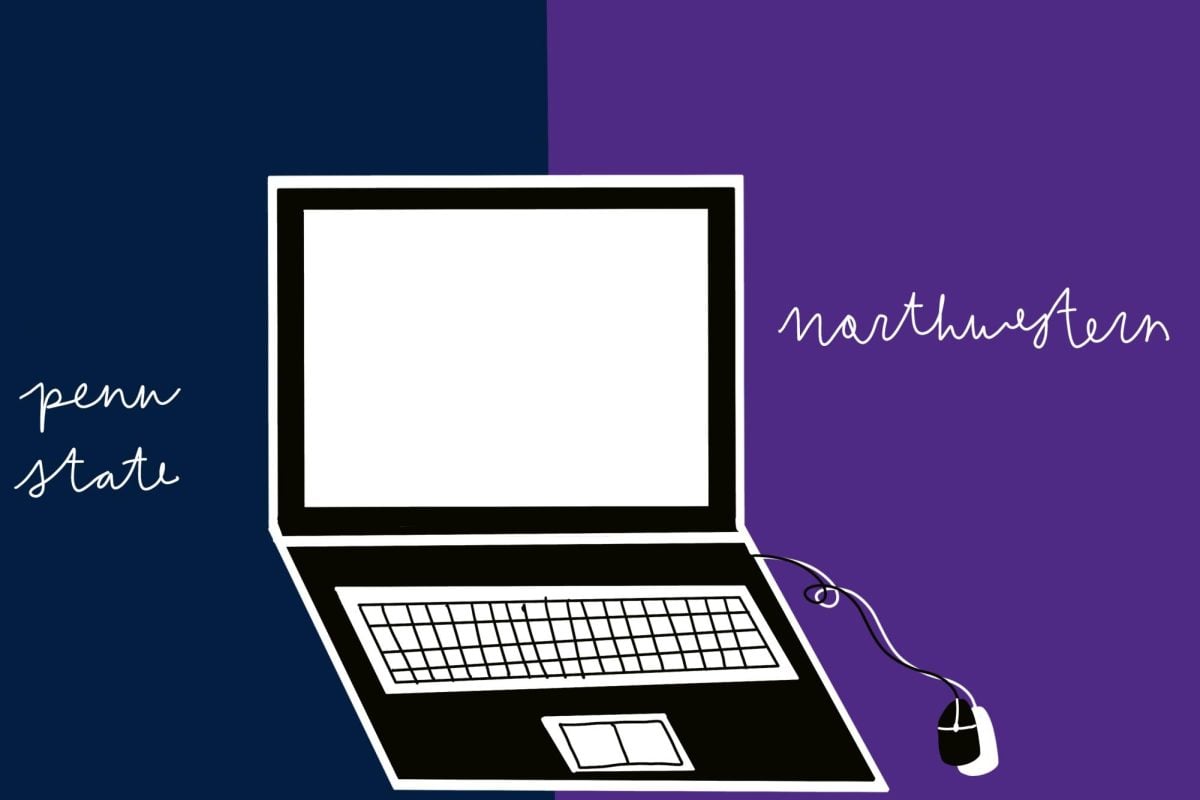At the start of each quarter, students all feel the familiar pain of shelling out hundreds of dollars to purchase textbooks and access codes for classes.
To combat this issue and encourage equity, NU Open Education Librarian Lauren McKeen McDonald has worked to introduce Open Educational Resources at Northwestern. The initiative provides teaching and learning resources with an open license, meaning resources can be freely used, shared and customized.
“The thing that we’ve been talking a lot about at Northwestern is the cost of course materials and use of access codes and other supplementary materials and how it continues to rise,” McDonald said. “OER is a way for us to be able to provide low- or no-cost course materials to students, so it provides a more equitable learning environment.”
McDonald and librarians from Penn State University and the University of Minnesota have formed a team to incorporate OER at their respective universities within the Big Ten Academic Alliance. The team found out that the two-year grant that they began working on a year ago and proposed in February was funded this August.
With the grant, the team’s ultimate goal is to create a shared learning infrastructure between BTA universities.
“We had been working on this project for a long time, and I think that it’s something that’s really needed,” McDonald said. “There’s not a lot of cohesive information about what (open homework systems) do, what subject areas they’re appropriate for and what open textbooks they might pair well with. I think that the work that comes out of this project will really fill a need within that open education space.”
To incentivize professors to utilize OER, NU introduced a $5,000 OER faculty grant to develop, use and publish OER for their courses.
Math Prof. Aaron Greicius said he uses OER in his classroom because of the added accessibility it offers. Greicius wrote an OER textbook that he uses for his linear algebra class and hopes to establish it as the official textbook of the department in the next year.
“I believe it doesn’t have to be so costly,” Greicius said. “There’s lots to be gained in terms of reducing costs to students. I would also argue we can produce textbooks that better suit our teaching because we can make these things tailor-made to our particular courses.”
McDonald hopes that students and faculty become more aware of OER in order to create a more equitable learning environment at NU.
Weinberg sophomore Miriam Mae supports professors using more affordable resources to accommodate students in all different financial situations.
“I think it’s a pretty good opportunity if we could just get (textbooks) for free, especially for students from more diverse backgrounds that might not be able to afford textbooks,” Mae said.
Email: leahschroeder2026@u.northwestern.edu
Twitter: @lmschroeder_
Related Stories:
— Can’t professors just not use textbooks? The answer is a little complicated
— Letter to the Editor: Course affordability involves more than textbooks







